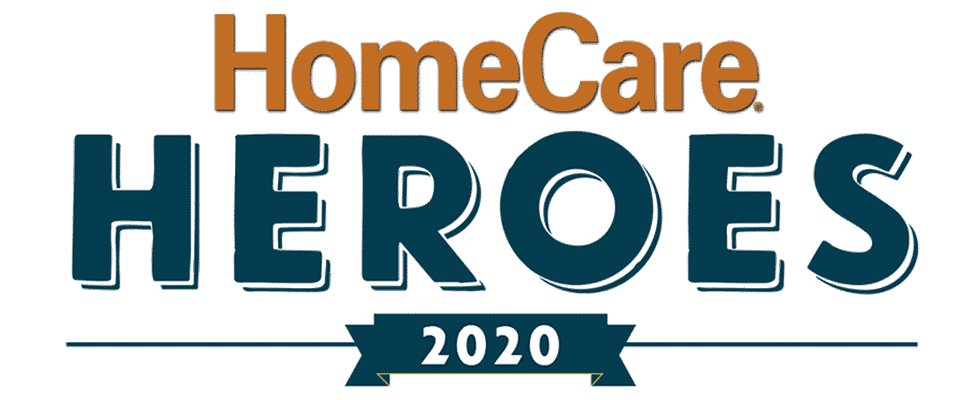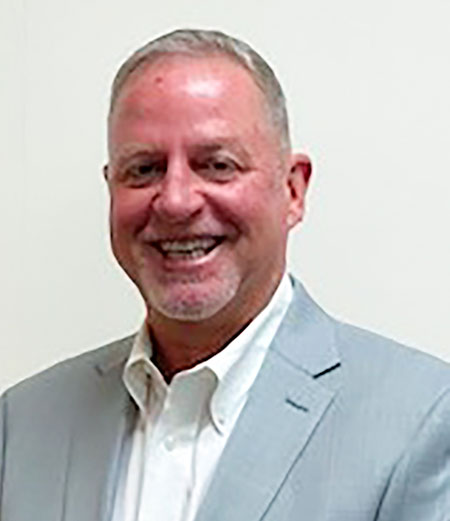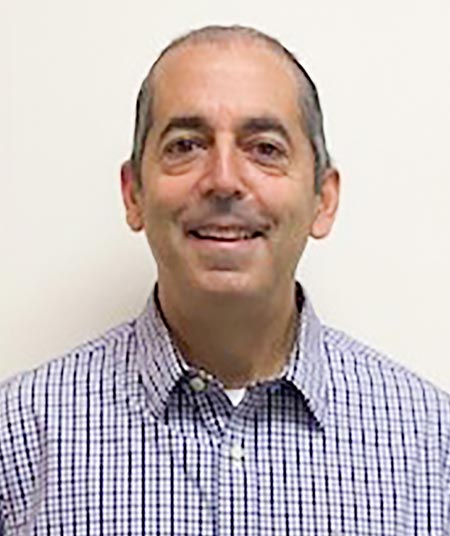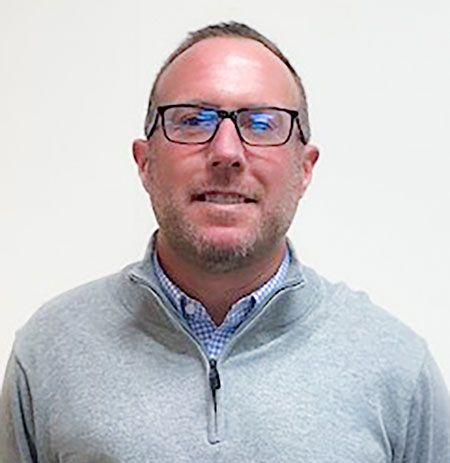
Sometimes three heads are better than one.

John Reed
That’s the case for John Reed, Nick Kalogeras and Andy Willhelm, who co-lead Central Ohio Specialty Care, an HME provider for complex pediatric-onset patients. The three partners and owners, who are celebrating the company’s tenth year this year, met through their shared advocacy work with the Ohio Association of Medical Equipment Services. Kalogeras is nearing the end of his three-year term as president of the organization; Reed is the past president and Willhelm is the next incoming president.
“We wanted to be a part of the solution, we kind of wanted a seat at the table,” Kalogeras said. “We wanted to make sure the HME voice is heard and understood, because a lot of legislators don’t even understand what we do. … We’ve managed to get some pretty important things done on a state level and we are focusing on the national level as well.”
That includes rewriting Ohio’s Medicaid policy maual, convincing the state to do a study with Ohio State University to test theories about payment models, and getting a durable medical equipment provider appointed to the state’s medical advisory board for the first time. They’re also called attention to supply chain issues exacerbated by sole source contracts—and by the COVID-19 pandemic.

Nick Kalogeras
Some of lobbying power comes from persistence and experience. But some stems from the engagement they’ve had with the families of their patients, who are often medically fragile and disproportionately impacted by regulatory matters, and who join them to testify.
“We want to be with them shoulder to shoulder and making proper policy so these families can stay home and stay healthy,” Willhelm said. “We’re just portaying what the struggle is and how important the homecare community is in making that happen and the difficulties that the regulations and policy changes can have on them directly. It’s been eye-opening for me to work with these families and see the difficulties they face.”

Andy Willhelm
The business started in part because all three were frustrated with Medicare reimbursements and wanted to break what Reed called “the death spiral” of competitive bidding. They came up with the idea of a high-quality, high-touch pediatric complex service care model—a place where families could come for full support, and where staff wouldn’t be distracted by answering calls all day about CPAP supplies or have trouble getting the materials they needed.
Ohio Specialty Care is now serving about 1,000 families with a staff of about 50 but still retains the personal focus. Every family meets with one of the owners on intake, and either Kalogeras or Reed are on call almost every night, even when on vacation (Willhelm focuses on the finances). Although each has worked in the field for decades and could be sitting behind a desk, they each talk with patients more than they have in prior jobs. Reed, for one, describes talking just the night before this interview with a family that he’s worked with for just shy of a decade.
“A lot of people, when we describe what our business model is, think it’s a depressing obligation because we’re dealing with very, very complex families. We’ve actually found the opposite. Families are very appreciative when they get a great product and a great level of service,” Reed said. “It’s a different experience for the family that I not only know the patient’s equipment needs but I also know the family, the nurse, the home. … It’s very humbling,” he said.

